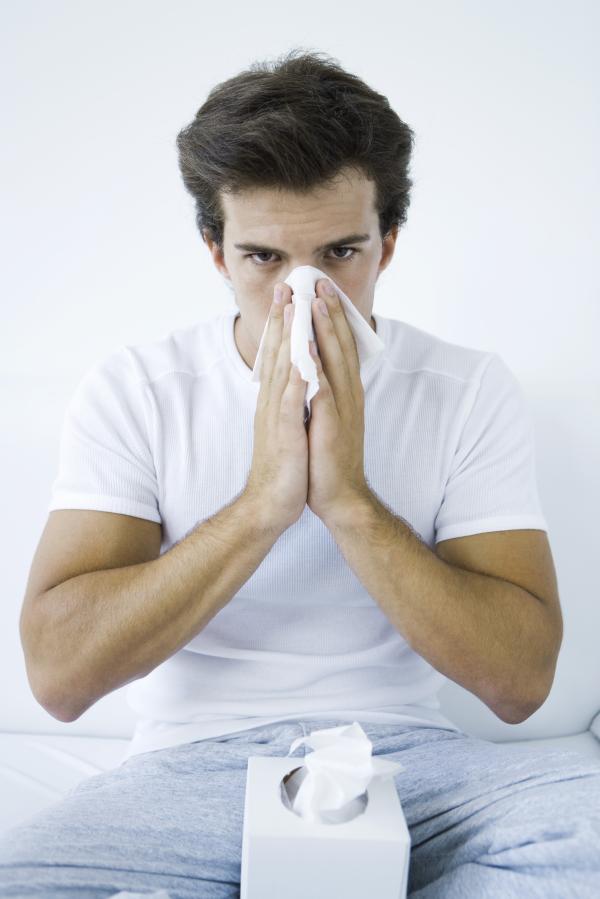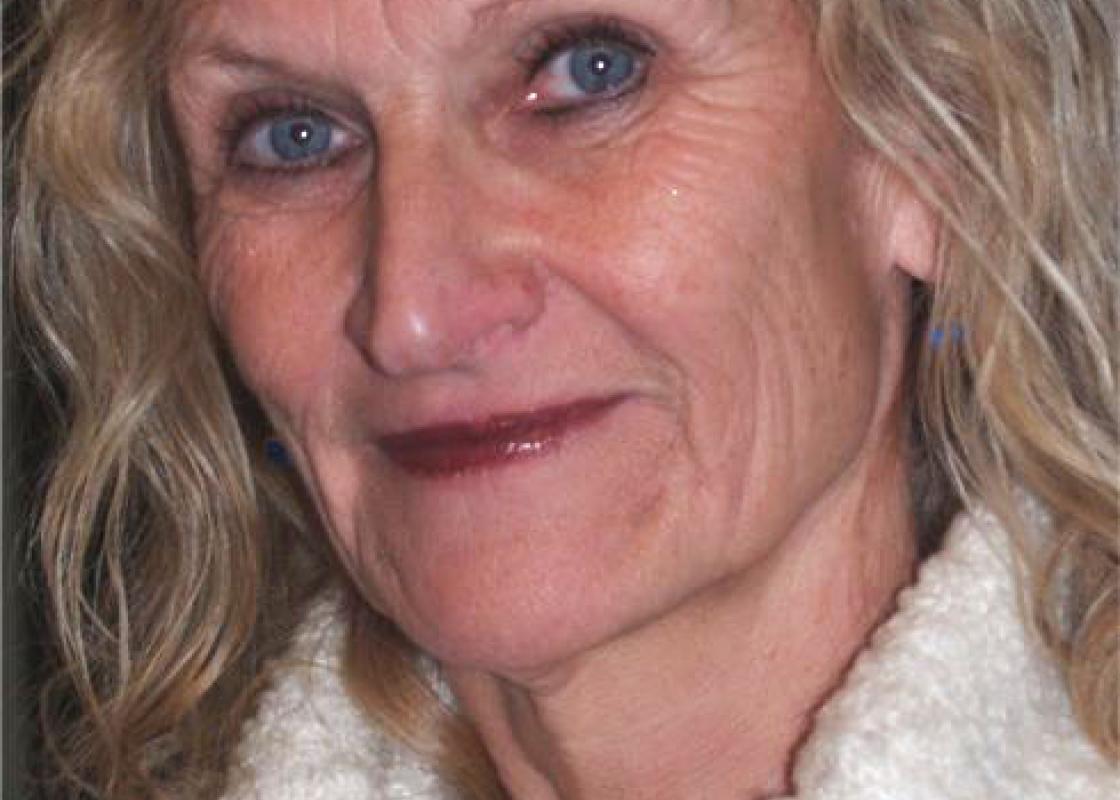From August 2009, the Center for Gender and Equality at the University of Agder will have a new leader: Ulla-Britt Lilleaas. She is a professor in health science and has done research on men’s health, from a gender perspective. Now she is looking forward to establishing a high-quality research environment at the centre, with a particular focus on gender issues and gender equality in the region.
"One aspect that is characteristic for this part of Norway, and which we want to investigate further, is that the women here tend to stop working when they have children, to a greater extent than in the rest of the country," says Lilleaas.
"In some parts of the region, particularly outside of the big cities, the educational level is relatively low. But even the women who do have a higher education do not necessarily use it. Many of them end up working in other kinds of jobs, or have chosen to be 'stay at home moms'. We want to examine this tendency in relation to gender equality but also quality of life".
Scores low on gender equality
In the annually released statistics on gender equality in different parts of Norway, made by Statistics Norway, the Agder region repeatedly attains very low scores. The low educational level and employment rate among women is one aspect of this gender inequality.
"Another aspect of this pattern is that the men tend to be the only or major provider in the household, and that they therefore work a lot when the children are small. Another of our projects will focus on how men in this part of Norway experience fatherhood and their role in the family, and how this is related to conceptions of masculinity," explains Ulla-Britt Lilleaas.
"There is a great need for more research on this, she says. If we know more about the underlying structures, as well as about the individual experiences and values, we can get a better foundation for doing something about it."
Both researchers and practitioners
The Center for Gender and Equality aims to become a meeting place for all researchers at the University of Agder who work with gender issues. But in addition to being a meeting place for gender researchers, the centre also aspires to build bridges between researchers and practitioners.
"There are many individuals who work with gender equality in various organisations, and we want to give them a chance to be more updated on the research that is done in the field," says phd-student May-Linda Magnussen, who is a member of the board of the centre.
"To achieve this, we arrange a 'gender equality forum', several times every semester, where we invite researchers to give presentations, and give the participants a chance to discuss the gender equality work. So far this has been very popular, and we intend to keep it up. It is a way to give something back to the community, and to disseminate research and research results outside of academia", she says.
Project on men’s health
The centre’s first research project will be a large scale project on men’s health: “The vulnerability of the stronger sex – treatment, care and masculinity” ("Det sterke kjønns sårbarhet - behandling, omsorg og maskulinitet"), which is managed by Ulla-Britt Lilleaas.

May-Linda Magnussen is one of the phd-students within the project. In her study she has interviewed men who have been diagnosed with cancer, and looks at how they handle their disease in relation to work and family.
"There are still strong expectations on men to be family providers, at least in this part of Norway," says Magnussen.
"This can contribute to men going to work even when they are ill. Views on illness and actual behaviour are in other words connected to gender roles and gender equality. It is important to look at such issues also from the perspective of the men. Gender inequality can be a problem for men as well," she states.
EU-project
The centre has also been invited to be coordinator of a collaboration project between Portugal, Spain and Norway, where the goal is to compare gender equality in similar cities in different countries. Åsta L. Einstabland, who is the centre’s coordinator, describes the project like this:
"The idea is to find cities that have similar conditions, for example when it comes to the local job market, and then look at and compare gender equality aspects in the different countries. What effects can job market conditions have on gender equality? And how does this interact with aspects such as parental leave and child care?"
Through this project the centre will also get international perspectives on gender equality, which will complement the strong focus on regionally based research.
Ulla-Britt Lilleaas is a professor at the department of Health Studies at the University of Agder. She is currently writing a book on men’s health and managing the project “The vulnerability of the stronger sex – treatment, care and masculinity” ("Det sterke kjønns sårbarhet - behandling, omsorg og maskulinitet").
The Center for Gender and Equality was founded in 2008 by Agder county, local municipalities, Agder Research and the University of Agder. The centre’s vision is to contribute to an inclusive and fair society giving equal opportunities for all in the Agder region.
